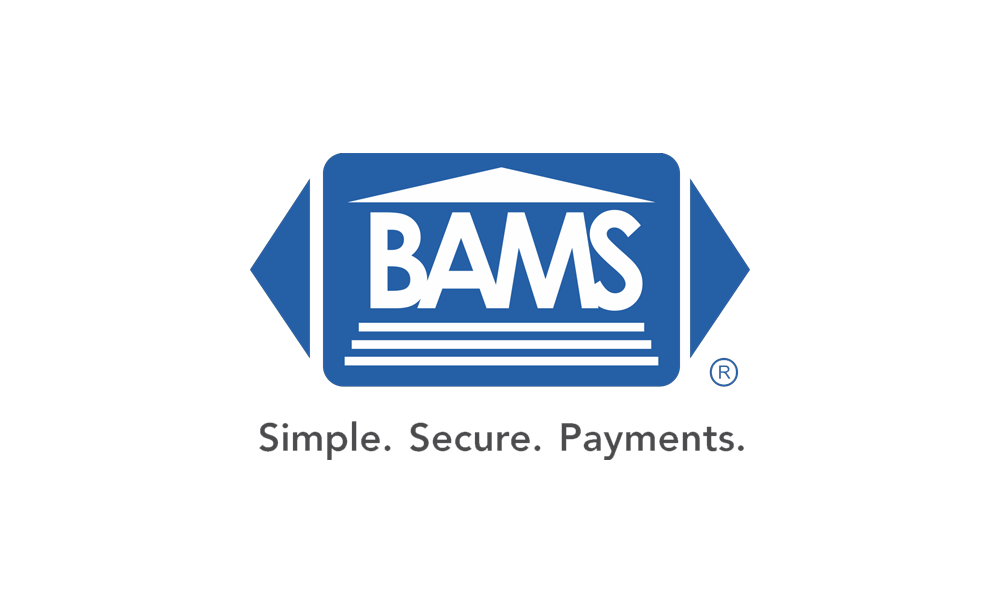When is a Third-Party Processor like PayPal, Square, or Stripe Right for You?
The thrid-party electronic payments industry is a hotly contested marketplace, with a wide array of different payment solutions for merchants to choose from. Unfortunately, sometimes that level of choice can lead to indecision. It isn’t uncommon for merchants to respond by signing up for the providers that they’re most familiar with. Sometimes that might mean going directly to their bank. Often it means choosing one of the brand names they’ve seen or read about, with PayPal, Square, and Stripe being three of the most well-publicized.
Each of those companies provides excellent electronic payment solutions, but it’s important to note that they’re best suited to a very specific kind of business. Companies that jump on board with them based on brand name alone without considering their needs might find themselves limited, or worse yet, bleeding-off profits needlessly.
What Service do PayPal, Square, and Stripe Offer?
PayPal, Square, and Stripe all represent third-party payment processors – companies that offer electronic payment processing without the need to sign up for a merchant account. Traditionally, merchants looking to accept credit card payments would have to sign up for a special merchant account through a bank. With third-party providers, a merchant’s transactions are pooled with all of the transactions from the provider’s other users and processed through the provider’s master merchant account.
That set-up removes many of the headaches that can come along with merchant account approval – especially for smaller, low-volume businesses. But, like all middlemen, third-party providers make their money by taking a piece of the action, either monthly, or on each transaction. Whether or not they’re a cost-effective solution depends entirely on how their fee structures suit a given business.
What Types of Business Do These Third-Party Processors Suit Best?
PayPal
PayPal charges merchants 2.9% plus $0.30 per transaction. There is no monthly fee, and by using PayPal’s card reader, merchants can lower their fees to a straight 2.7% for swiped transactions. That fee structure, and specifically the lack of a monthly charge, make PayPal most suitable for merchants with low monthly sales volumes. Businesses who sell in large volumes or bring in significant revenues will likely find that the lower cut they’d pay with a more traditional merchant account would more than makeup for paying a monthly account fee.
Square
Square offers a varied fee table depending on the product being used. Their flagship Square Reader charges 2.75% on every transaction. Their terminal and register charge 2.6% plus $0.10 per transaction and 2.5% plus $0.10 per transaction respectively. That makes Square suitable for the same types of businesses as PayPal, and the Square Reader’s zero-flat fee per transaction makes it particularly attractive for merchants selling low-ticket items where losing $0.10 or $0.30 on top of their percentage fee would be a big deal.
Stripe
Stripe offers a single rate of 2.9% plus $0.30 per transaction. That straightforward structure definitely makes the fees easy to understand, but it’s still an expensive option compared with traditional merchant accounts which can often boast per-transaction fees of as low as 1%. That puts Stripe in the same category as PayPal and Square with one major caveat – Stripe’s hardware solution, Stripe Terminal, is currently only a Beta program offered in the U.S. only. That means most merchants in the U.S., and all international ones, won’t have access to it, making Stripe impractical for most brick and mortar businesses.
Third-party payment processing, while more expensive on a per-transaction basis than traditional merchant accounts, offers a cost-effective and, most importantly, simple solution for merchants that do low monthly sales. But the numbers make clear that for businesses doing higher volumes or dollar amounts, the fees associated with companies like PayPal, Square, and Stripe can quickly become unfeasible. For those businesses, a traditional merchant account is normally a much more sensible option.
At BAMS, we’re here to help you get set-up with the right merchant account for your business. Contact us today for a quote or to find out how we can use our experience as the industry leader in electronic payment solutions to help streamline your payments and save you money on fees.




